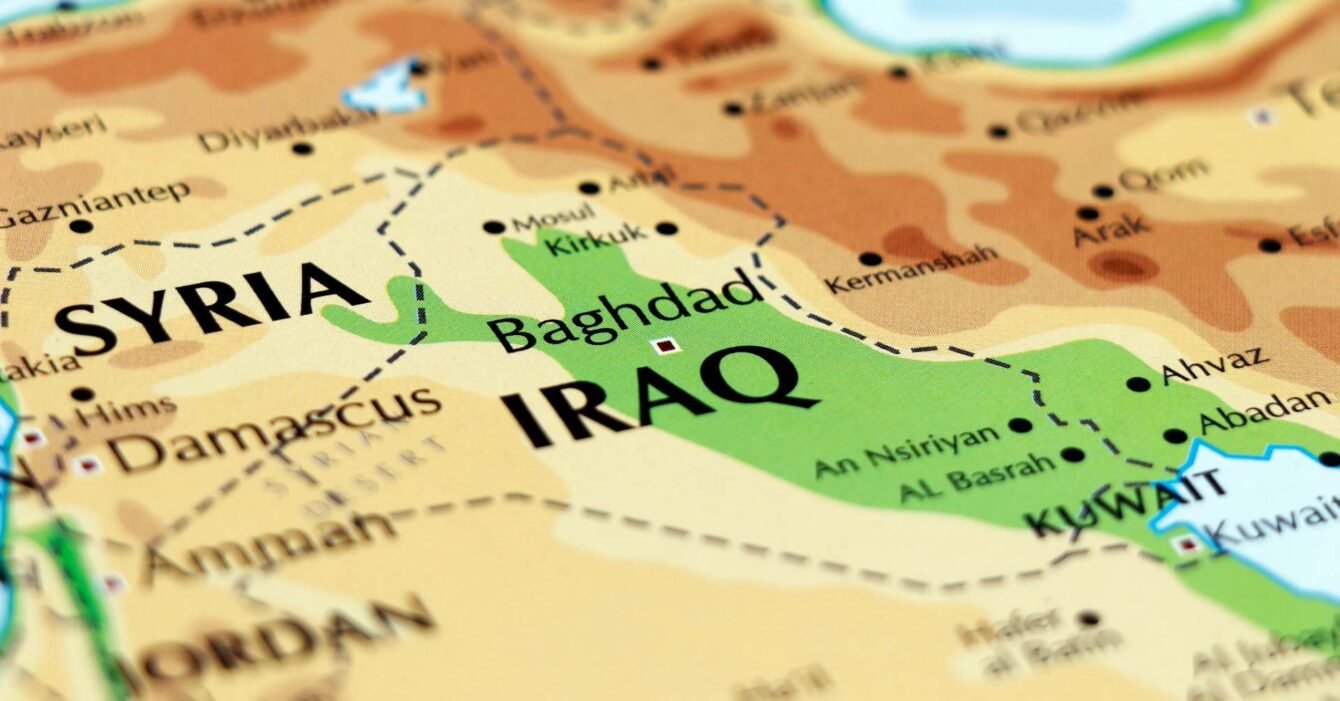Managing Investment Risk in Iraq
Investing in Iraq presents a unique set of challenges and opportunities, requiring a well-planned risk management approach. The country’s evolving political landscape, security concerns, and regulatory complexities demand that investors take a proactive stance to protect their investments. However, Iraq has made significant strides in mitigating some of these risks, particularly through international agreements and local partnerships. This article outlines essential strategies for Risk Management for Investors in Iraq, focusing on political risk, security concerns, and the benefits of diversification.
Mitigating Political Risk: Legal Frameworks and International Agreements
Political risk is one of the most significant concerns for investors in Iraq. The country’s history of conflict and political instability can create an unpredictable environment for business operations. However, Iraq has taken steps to mitigate these risks by becoming a member of the International Center for the Settlement of Investment Disputes (ICSID) and the Multilateral Investment Guarantee Agency (MIGA). These memberships provide investors with access to arbitration and insurance mechanisms that protect against non-commercial risks, such as expropriation and political violence.
For instance, the ratification of laws No.64 of 2012 and No.29 of 2007 has enabled Iraq to offer political risk insurance through MIGA, making investments in the country more attractive. Similarly, Iraq’s accession to ICSID in 2012 offers investors a reliable enforcement mechanism for investment disputes, which is crucial given the country’s complex regulatory environment. These legal frameworks significantly enhance the investment climate by offering protections that were previously unavailable in Iraq.
Navigating Security Risks: Due Diligence and Local Partnerships
Security concerns remain a critical factor in Risk Management for Investors in Iraq. While the security situation has improved in recent years, certain areas of the country continue to experience instability. Investors must conduct thorough due diligence before entering any market within Iraq. This includes assessing the security conditions in specific regions and developing contingency plans for potential disruptions.
Working with local security consultants and establishing strong local partnerships can provide invaluable insights and resources. Local partners are often more attuned to the nuances of the regional security landscape and can help investors navigate challenges more effectively. Moreover, engaging with local businesses or individuals who have in-depth knowledge of the market can also facilitate smoother operations and enhance compliance with local regulations.
Diversification as a Risk Management Tool
Diversification is a crucial strategy for mitigating risk in any investment portfolio, and it is particularly relevant in Iraq. By spreading investments across different sectors and regions, investors can reduce their exposure to the specific risks associated with any single area or industry. While the oil and gas sector remains a significant draw for investors, diversification into other sectors such as agriculture, telecommunications, or infrastructure can help balance the portfolio and mitigate sector-specific risks.
Diversifying investments also allows for better resilience against regional instabilities. By not relying solely on one sector or region, investors can create a more balanced and secure portfolio that is better equipped to handle potential challenges.
Conclusion
Despite the challenges, Iraq offers significant opportunities for investors who adopt a strategic approach to risk management. By leveraging international agreements, engaging local partnerships, and diversifying investments, investors can navigate the complexities of the Iraqi market with greater confidence. With the right strategies in place, the potential rewards in Iraq can outweigh the risks, leading to long-term success.

